
01392 534059
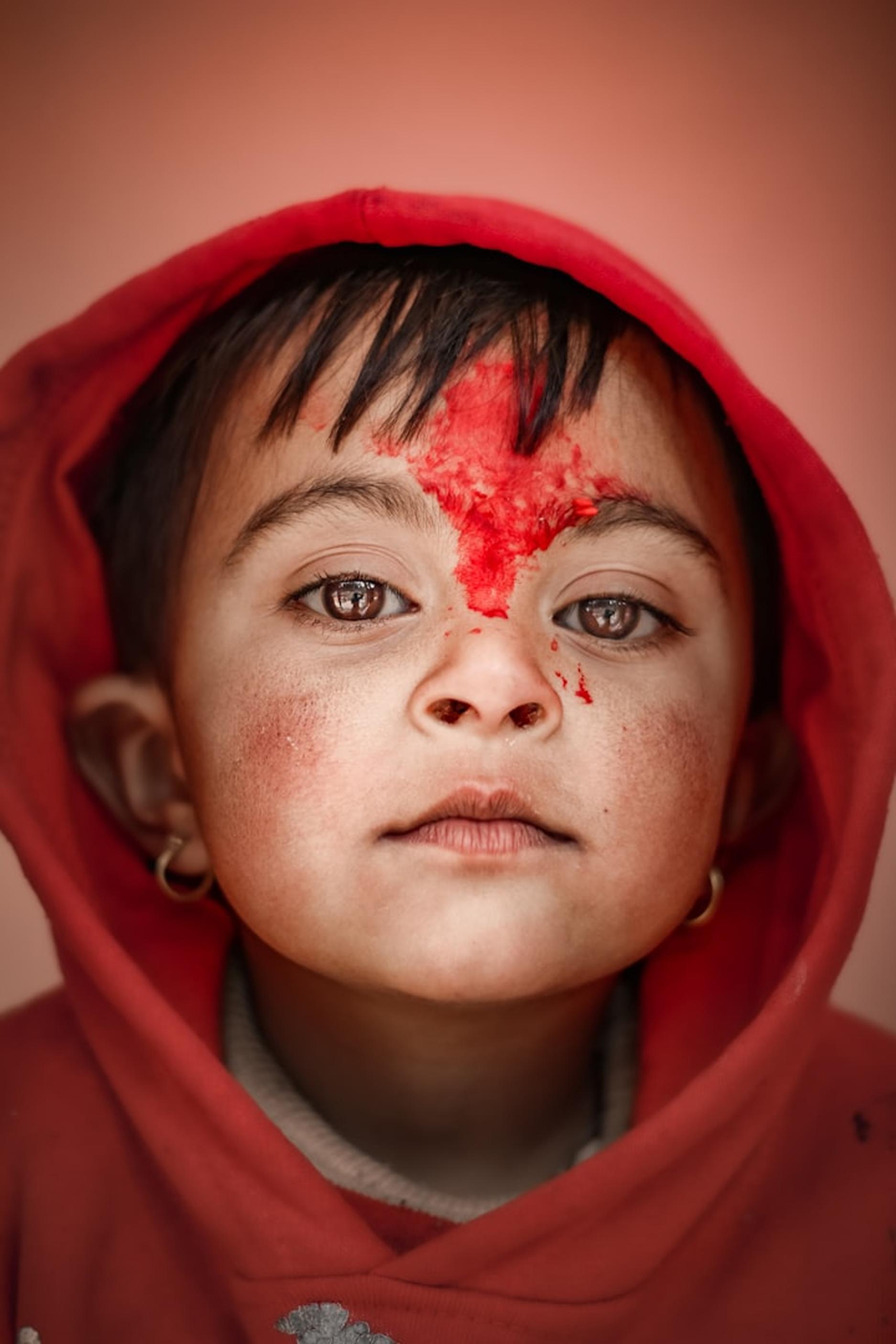
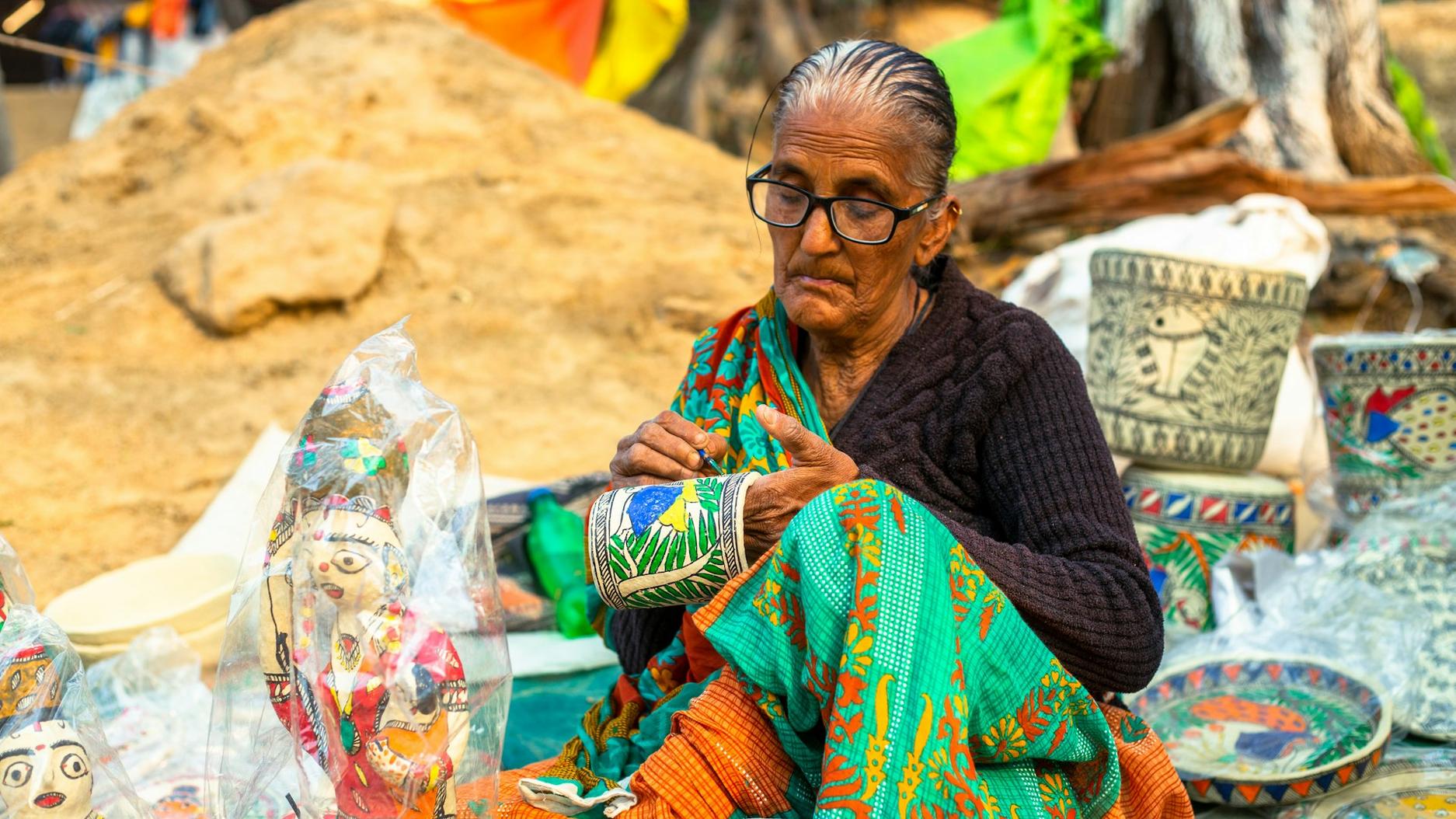
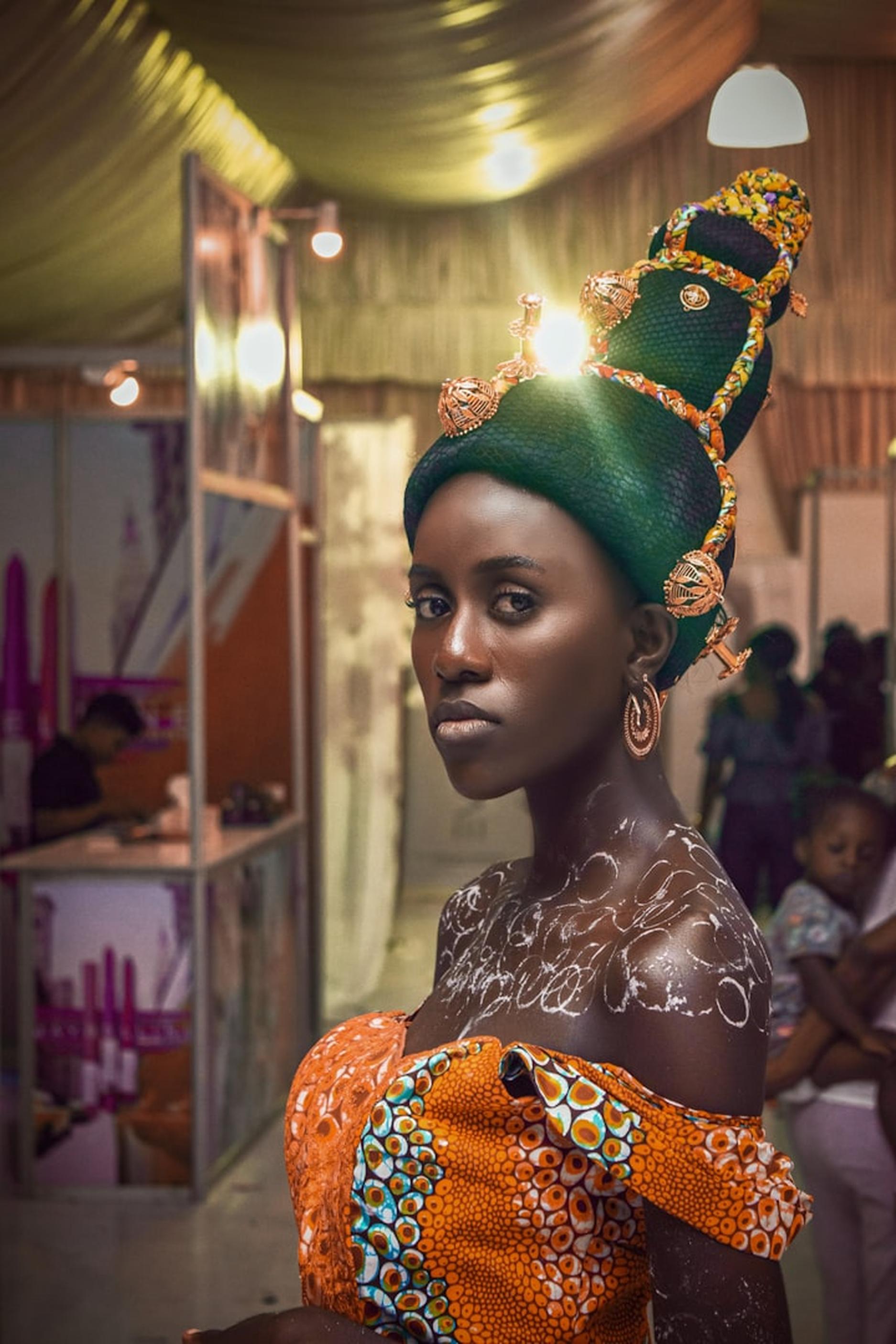
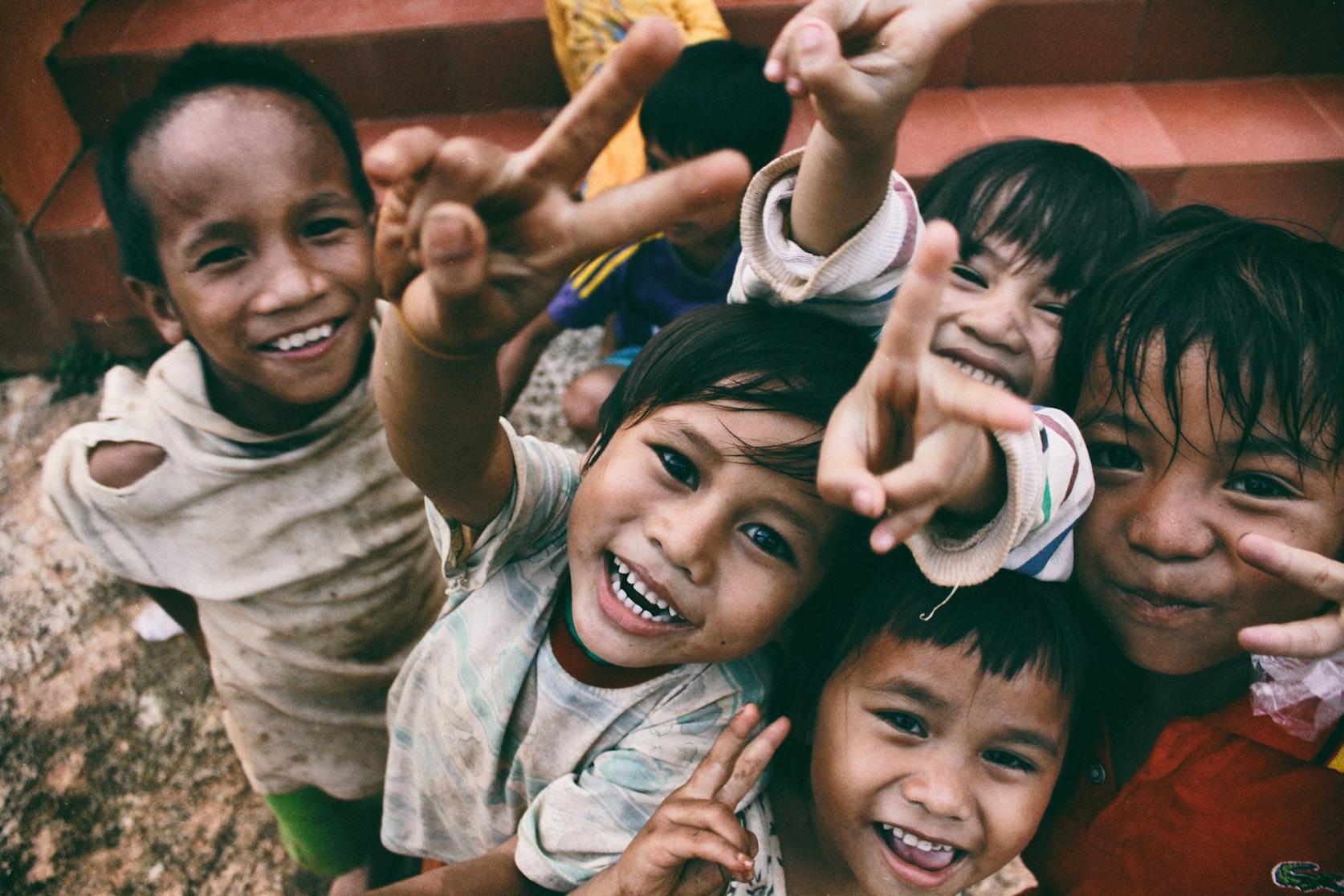
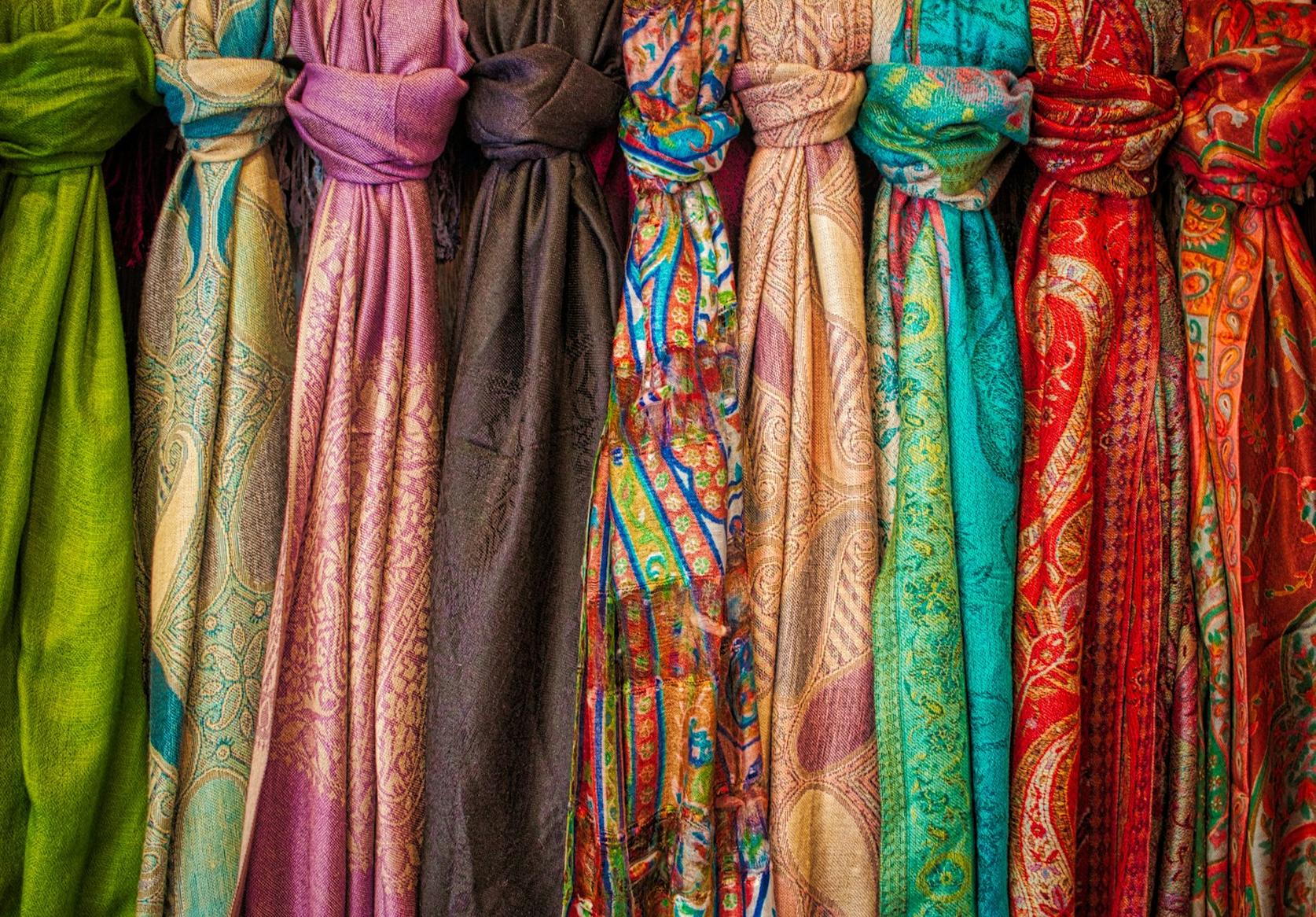
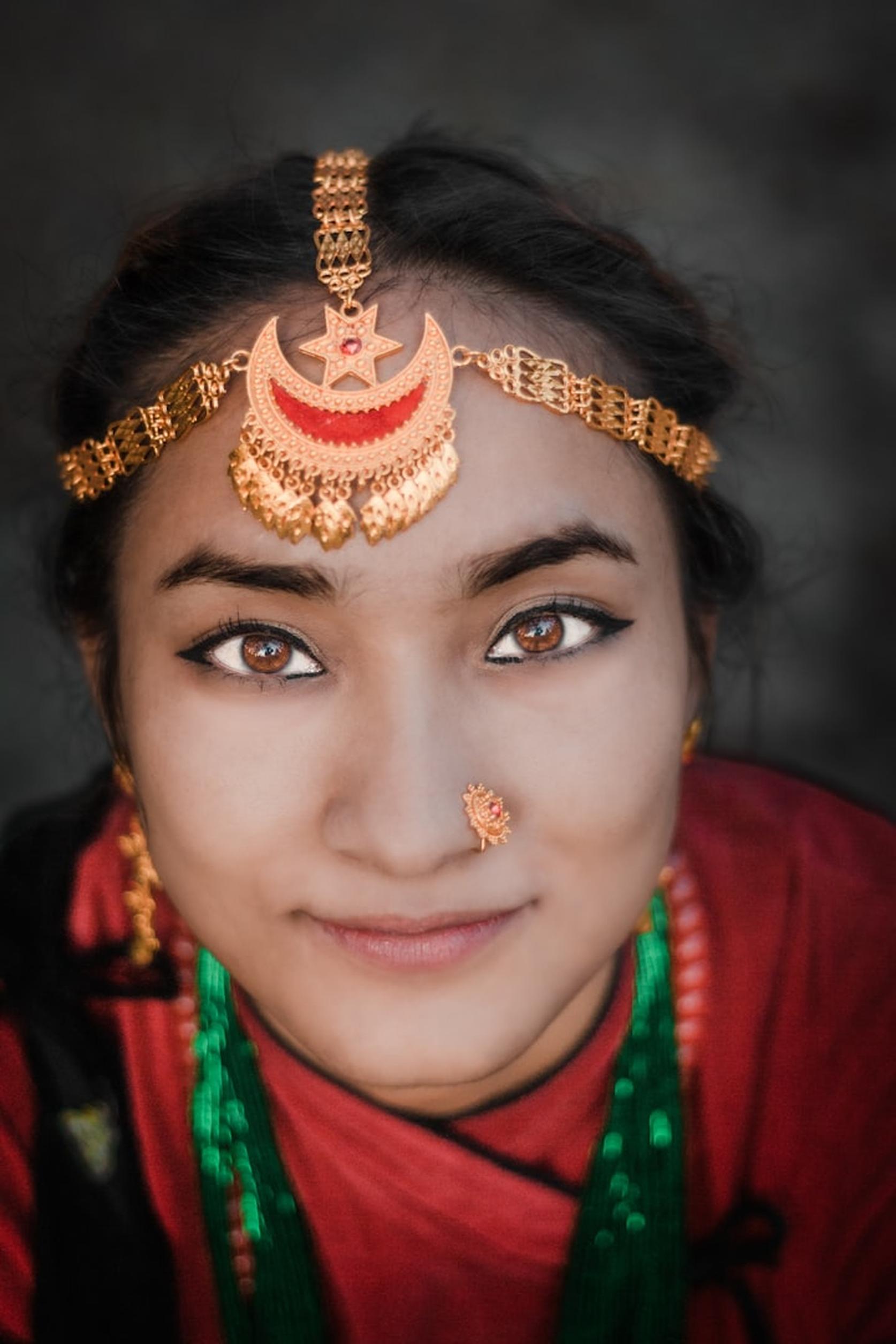
Why Fair Trade ?
Fair trade, defined simply, is when products including food, drink and craft, are sourced through a fair supply chain, where small-scale producers and artisans are treated with dignity, respect, equality and fairness
To be Fair Trade certified, a product must be produced by a farmer, cooperative, or workers that meets certain standards set by the Fair Trade labelling body. Currently, there are over 11 certifiers internationally, each with its own standards. These standards vary slightly but basically require that:
Workers receive a Fair Trade minimum wage Environmental sustainability is upheld Safe working conditions are provided There is no forced or child labour Premiums are given to producers based on the product they create These premiums go to a communal fund to be used for development projects The supply chain is transparent to consumers